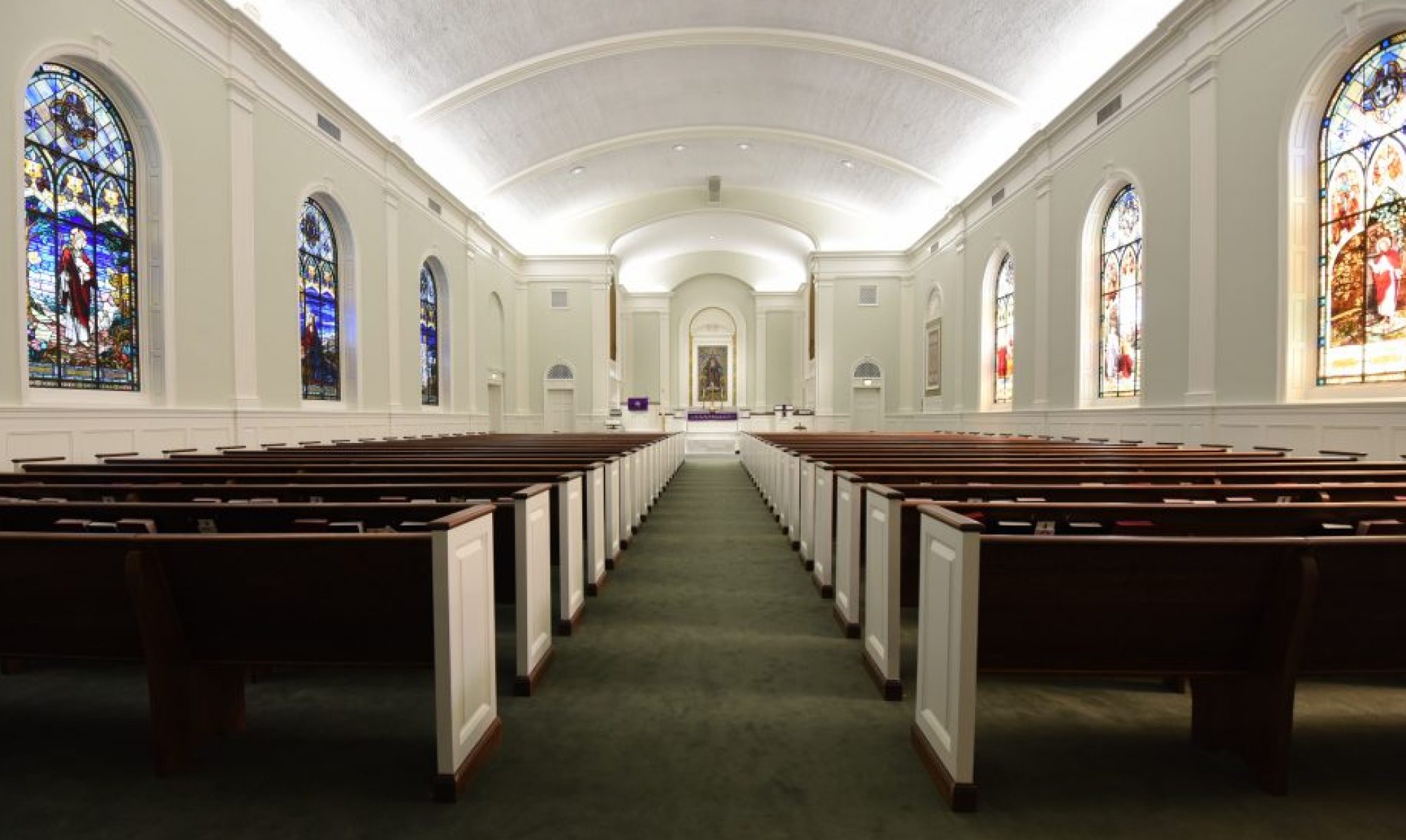
| Matthew 6:5-14 (The Message) 5 “And when you come before God, don’t turn that into a theatrical production either. All these people making a regular show out of their prayers, hoping for stardom! Do you think God sits in a box seat? 6 “Here’s what I want you to do: Find a quiet, secluded place so you won’t be tempted to role-play before God. Just be there as simply and honestly as you can manage. The focus will shift from you to God, and you will begin to sense his grace. 7-13 “The world is full of so-called prayer warriors who are prayer-ignorant. They’re full of formulas and programs and advice, peddling techniques for getting what you want from God. Don’t fall for that nonsense. This is your Father you are dealing with, and he knows better than you what you need. With a God like this loving you, you can pray very simply. Like this: Our Father in Heaven, Reveal who you are. Set the world right; Do what’s best— as above, so below. Keep us alive with three square meals. Keep us forgiven with you and forgiving others. Keep us safe from ourselves and the Devil. You’re in charge! You can do anything you want! You’re ablaze in beauty! Yes. Yes. Yes. 14-15 “In prayer there is a connection between what God does and what you do. You can’t get forgiveness from God, for instance, without also forgiving others. If you refuse to do your part, you cut yourself off from God’s part. Jesus offers this primarily as a check on the person who wants to engage in religious practices to increase his or her standing in the world. Perhaps there’s a wish to project an image for others to see, by the way one gives alms, prays, and fasts. Living as a disciple of Jesus means that we become less and less concerned with what others think of us and our religious practice. In the end, our religious practice is not about impressing or pleasing others. Instead, we engage in spiritual practices quietly, privately, and unobtrusively. Spiritual practices (including prayer) open us inwardly to be shaped by God’s Spirit. Those spiritual practices are means to an end, yielding an intimate relationship with the Living God. The goal is the connection with God, and in that connection, an inner shaping and transforming as God’s life comes alive within us. Ultimately, as God shapes us inwardly, that transformation is manifested in the way we live in the world. There is a spiritual principle in place: Transformed people transform the world. But in this section on prayer, offered to God and not for the benefit of reputation or image, Jesus makes a couple of statements about the actual shape of prayer itself. First, he says that prayer is only secondarily something one does in public – and then, only with great care and mindfulness. Prayer is rather something one does within “the inner room” or “in one’s closet.” Ancient houses–except for palaces and homes of the wealthy–did not have rooms. Thus, to “go into your room and close the door” is an image of the interior room within the heart. It is an image that suggests quiet, privacy, and secret communion with God that is not on display for the benefit of others to see. If you ever read the works of St. Theresa of Avila, you will recognize this concept, for this was her practice of prayer. Jesus gave the image of retreat where one departs to the inner sanctuary within you, to the place where you are most deeply and intimately connected with God. We must learn to be with God in that place. Second, Jesus does (in fact) give a pattern for prayer. What we call The Lord’s Prayer (and what Catholics call the Pater Noster or The Our Father) was probably not intended to be recited word for word as a prayer of repetition, but likely was intended to be a pattern for our praying. The lines suggest some of the various “ingredients” that might be included in prayer by acknowledging who God is, submitting to the coming of God’s kingdom within our own lives, seeking God’s purpose for our lives and our world, asking for daily provisions, seeking forgiveness, etc. Unfortunately, as many pray The Lord’s Prayer now, it is mostly recited with little meaning and with mindless repetition. But it doesn’t have to be. When you pray The Lord’s Prayer or any prayer for that matter, envision yourself traveling into your heart. Sense God’s closeness. Wait a few moments in silence, welcome God’s presence, and then pray. Be committed to prayer. We learn to pray by praying. This Week’s Readings: *Monday – 2 Timothy 1 *Tuesday – 2 Timothy 2 *Wednesday – 2 Timothy 3 *Thursday – 2 Timothy 4 *Friday – Titus 1 Things to Pray About: -The violence and finding peace in our city, state, country, and in the world. -Pray for guidance, healing, protection, strength, courage, and faith. -Our unwillingly absent members. -Comfort those who are grieving and in distress. -Wisdom for our leaders as they navigate through uncertain times. -Family restoration through forgiveness. -Continued Growth Inside and Outside the Walls of St. Paul UMC. |
| “Don’t worry about anything; instead, pray about everything. Tell God what you need and thank him for all he has done.” – Philippians 4:6 |

